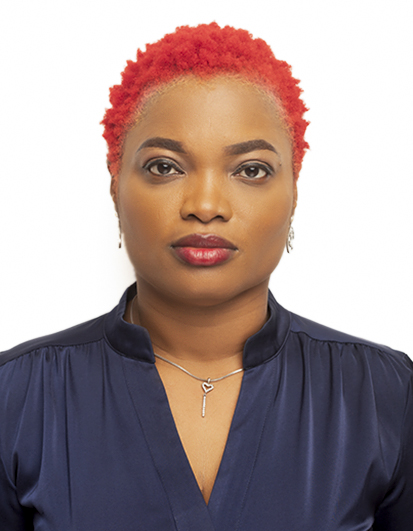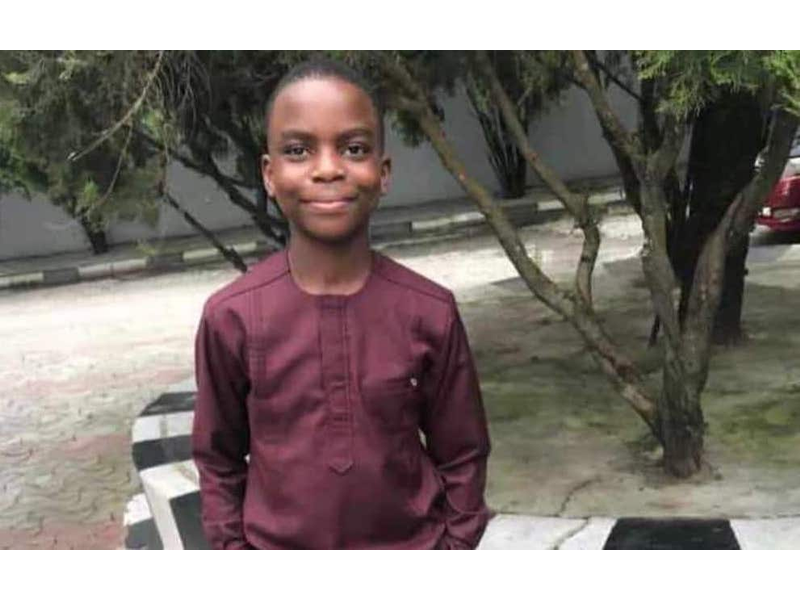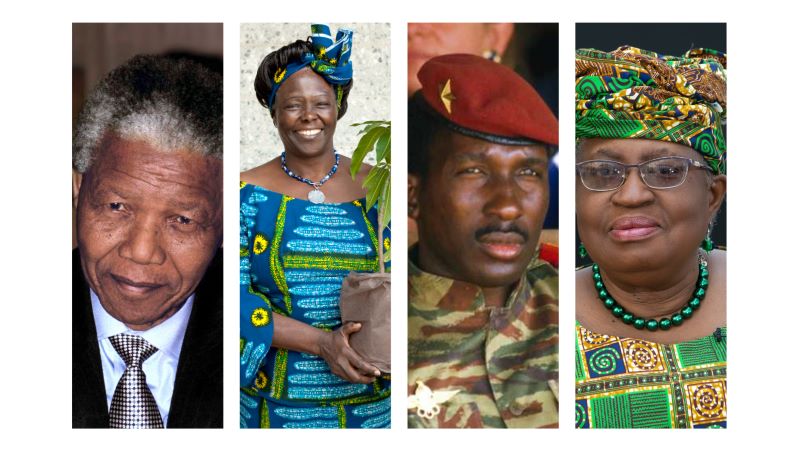The death of 12-year-old Sylvester Oromoni Jr. after being beaten by five older boys in his school hostel has raised the issue of bullying in schools. Videos of his last moments emerged and everyone saw just how much damage had been done. That this gang beating easily happened in an elite private school was shocking. Physical bullying is known to occur more in public schools than in private schools. The Sylvester story seemed to expose the practice as also present in private schools. Initial official statements from the school implied a tacit cover-up and an unwillingness to take responsibility for the safety of the child. Perhaps this prompted the state government to indefinitely close the school until investigations are completed. Two of the students involved in the beating are said to have fled the country with the help of their parents, and the other three have been remanded in a juvenile home.

For decades, in public high schools, seniors often had the liberty to physically punish younger students in the name of maintaining discipline. It could range from flogging with canes, belts, cables, and kneeling for hours, cutting grass, cleaning messy toilets, extortion, and going without meals. It usually bordered on abuse. To survive in a Nigerian public high school, a young student had to have a school father or mother – an older student who provided protection from overbearing senior students. In exchange for such protection, the young student was expected to become an errand boy or girl for this school parent. All that the juniors had to do was wait out the years until they too became seniors. The joy of becoming a senior student granted them immunity from the excesses of older bullies and conferred on them the right to oppress others just as they had been.
A bullied child who has not received redress is likely to bully others when the opportunity presents itself. There are lots of grown adults today who were abused by school peers and also returned the favor to other innocents. Some of those resentments and anger are carried over into ex-students WhatsApp chat forums.

School administrators have turned a blind eye to bullying activities for years, often regarding them as a rite of passage for every student. This enabled atrocious behavior amongst students often leads to bodily harm. It was rare to have an anti-bully policy in schools and to this day, bad behavior from one student to another is treated with kid gloves. In private schools, the usual reprimand is suspension, depending on the gravity of the offense. Cover-ups are normal, especially if the offender has rich parents – rarely do students face the law for their violent actions.
Bullying syndrome is perpetuated by the culture of respect for elders which is prevalent amongst people of African descent. A lot of ills are tolerated under the guise of respect for seniors. There is still that belief that children are to be seen and not heard. When a child thinks he/she has no voice, resentments will fester and often manifest in the victimization of others perceived as lesser.

These days many Nigerian parents prefer to send their children to private schools where corporal punishment is negligible or nonexistent (especially in elite schools). But the death of Sylvester Jr. is an indication that peer victimization can happen wherever there is poor supervision and intervention. The case has everyone speaking out against bullying. But this is a society where child abuse is rampant, with minors forced into labor and defiled in homes with their abusers often escaping justice. Ironically, one thing the violent bullies and the abusers of children have in common is that they often go free. The culture of shame and silence enables perpetrators to keep at it.


Globally, there is a rise in school violence and it is dangerous to ignore or mishandle bullying behavior; it easily escalates to impact other students, the community at large but mostly handicaps the child bully from forming any meaningful relationship as an adult. This deviance calls for more sensitive, empathetic educators who can readily identify and manage even the more subtle nonverbal aggression amongst students. The world yearns for better-raised children.

Belinda Nzeribe is the magazines contributing writer, editor and interviewer based in Nigeria. Her work furthers a transatlantic relationship between FunTimes diaspora audience and the motherland. She began her career as a broadcast journalist, and is currently the managing editor of IkejaBird Media, an online news publication. She also runs creative writing clubs in high schools and publishes student anthologies. Her other passion is child literacy and she manages a charity working to improve reading levels of children in low-income communities. Belinda holds degrees in Theatre and Film, Public and Media Relations, and International Affairs.





